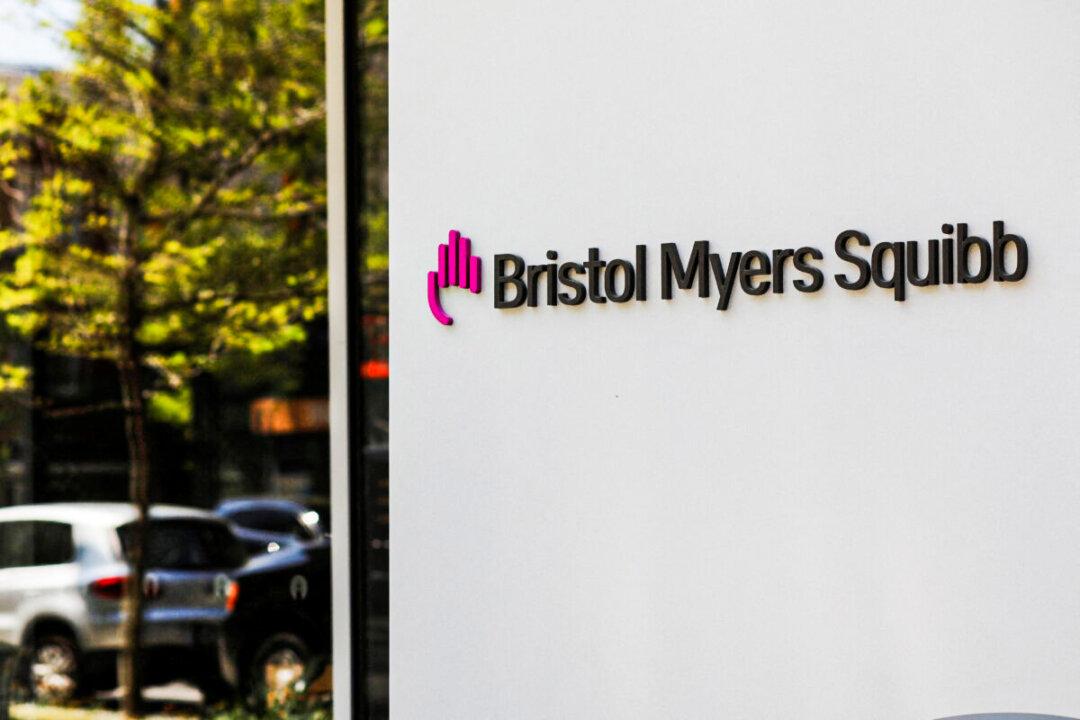Bristol Myers Squibb Co.’s Orencia on Wednesday became the first drug to win U.S. approval for the prevention of acute Graft versus Host Disease (aGvHD), a potentially fatal complication that could occur after a stem cell transplant.
The Food and Drug Administration (FDA) has cleared the drug in combination with certain immunosuppressants for use in adults and children aged two and older who are undergoing stem cell transplantation from an unrelated donor.






